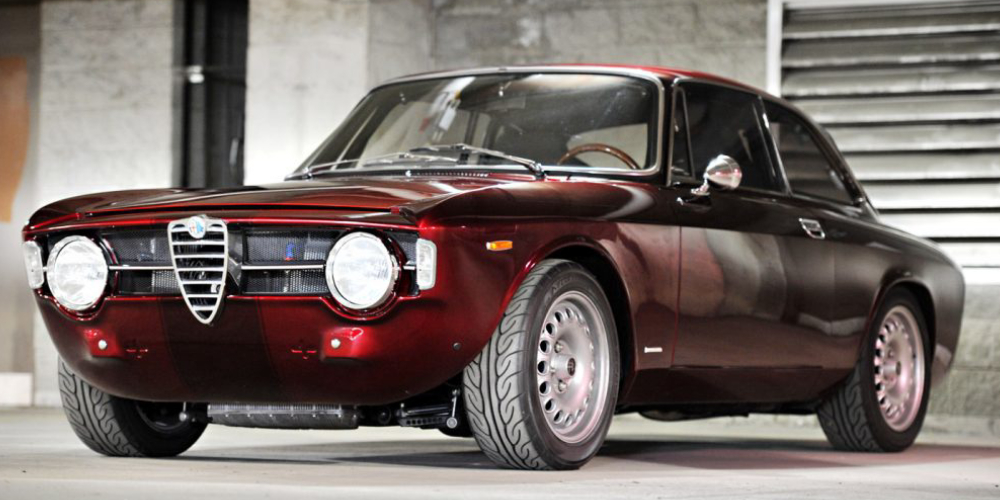
Before you go hunting around for classic car insurance it is a worthwhile exercise considering the actual value of what your beloved cherished motor is worth. The cost of these specialist car insurance polices is often determined by the sum insured or declared value. Unfortunately your opinion of the value of the car and that of the insuring company may differ widely. How do you value your classic car for insurance purposes?
Unless you approach this potential problem from inception, that is the day you take the policy out, if the worst happens and you need to make a claim where your car is written off, you may not get the full market value for your classic. This problem is exacerbated if your particular classic is rare, vintage or a historic collectors car.
With a standard car insurance policy on a replacement like for like basis, the value of the vehicle is often set by the market value of the time, typically taken from one of the large publications such as Glasses guide to motor vehicle prices. The amount you will be probably be paid for a write-off will be at the current market value of your car, an annual depreciating price given to all cars and vehicles.
This works fine in the majority of those claims, however with the classic car market there is no such reliable guide, and problems can arise when a classic car has been involved in a total loss accident.
It is highly unlikely that an owner will know the actual value of their classic car at any point in time beyond when the bought it, and this applies equally to an Insurer who has to calculate a price for the risk. A decision that also has to be made by the insurer in pricing his classic car insurance policy is the cost of repairs. Specialist tools and replacement parts might be required and it important for a prospective purchaser of a classic policy to understand the levels of repair cover offered, and whether you are bound to take your car to an approved repairer in the event of a damage claim
To avoid the above problems that may occur, most specialist car insurers of classic and other collectors vehicles have devised a cover option or policy element called an ‘Agreed Valuation’. The purpose of the Agreed Valuation cover is that in the event of a total loss claim where the classic car is beyond repair and written off, the underwriting company will guarantee to pay the claim in full to the agreed value of the classic car, less any excesses that may be applicable. In most cases the agreed value of the car is guaranteed for certain period of time. If the value of your motor changes significantly at any time you will need to inform your insurance company who will arrange for a revaluation. Many specialist car insurers offer the valuation service as part of the basic policy cover and it is included in the cost, others will charge a small fee and offer it as optional cover. The valuation process is fairly easy with most classic car insurance companies requiring a set of photographs and accompanying purchase or restoration documentation by post.
If your classic car is valuable or difficult to value you should consider taking out a policy where agreed valuations are included as part of the scheme to avoid problems with the insurance company in the future. Usually an Agreed Valuations Certificate is issued by and often only valid for, the participating insurance company. If you are planning to switch classic car insurance to take advantage of the many offers that are currently available from specialist companies on the Internet where the market is softer and premiums cheaper, be sure to first check that a certificate issued by your previous company is accepted by the new insurer or that the new company offers an agreed valuation service.





